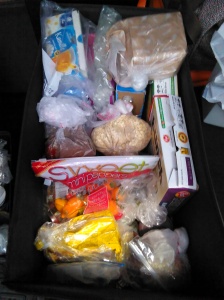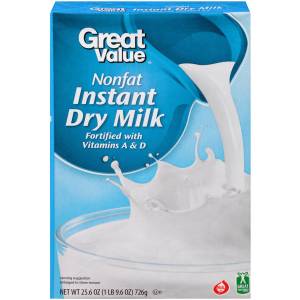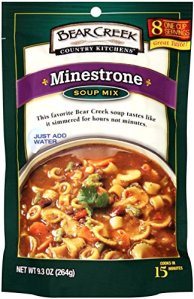 During the summer months, food can go bad in no time. Whether you store your groceries in your vehicle, your backpack, behind a bush, or inside a storage container, the heat will spoil many items rather quickly. Don´t think that changes during winter; although many food items will stay fresh longer, quite a few, including vegetables, don´t do so well in freezing cold temperatures.
During the summer months, food can go bad in no time. Whether you store your groceries in your vehicle, your backpack, behind a bush, or inside a storage container, the heat will spoil many items rather quickly. Don´t think that changes during winter; although many food items will stay fresh longer, quite a few, including vegetables, don´t do so well in freezing cold temperatures.
No fridge – no Problem
Certain foods keep just fine without refrigeration, while others simply need to be consumed a little quicker. Make sure to check your food thoroughly before consuming it; this includes the inside of fruits and vegetables. Unopened food items last longer than opened ones.
As a rule of thumb, anything canned can safely be stored outside. However, that doesn´t mean that your food won´t change. In summer and winter alike, anything solid will slowly but surely transform into a liquid with each major temperature change. I´ve experiences this with potato soup before; by the time I was ready to eat it, there were barely any chunks of potato left. I`ve had canned emergency soups in the back of my car for months without any problems. Have you tried the canned version of your favorite fruits and veggies? My favorites are canned pineapple, baby corn, and mixed vegetables.
Fresh fruits and vegetables can be stored without refrigeration for about a week depending on the temperature and kind of food. In my experience, kiwis, bananas, avocados, carrots, grapes, and cucumbers last the longest, while bell peppers and tomatoes go bad rather quickly. Berries of any kind, such as strawberries, blueberries, and raspberries, go bad within a couple of days. Vegetables that completely freeze tend to turn to mush upon defrosting.
Beverages, such as ice tea and orange juice, last just fine during the winter, although you may encounter solidly frozen liquids instead of your favorite drink. During the summer, you don´t want to keep opened juice bottles for longer than a week.
Anything dried, such as cereal, crackers, and oats, will last as long as it takes you to eat it. No worries here. This leads to an amazing conclusion: If you can find a dried version of you favorite food, you can store it much longer. For example, I am really excited about dried milk. It lasts forever (figuratively speaking) and, depending on the brand, tastes just like regular milk. Just add water! Similiarily, I´ve discovered dried hummus, soups, instant meals, oatmeal, instant mashed potatoes, and more; all of which you don´t have to worry about spoiling.
Bread seems to last as long outside as it does inside. Jelly may spoil within a couple weeks, while honey may crystallize, but doesn´t go bad. Peanut butter seems to last forever, probably due to its high fat content.
DO NOT consume fresh animal-based products that have been left without refrigeration. This includes, but is not limited to, fresh meat, milk, eggs, sea food, yogurt, and cheese. Don´t risk it. Best case scenario, you´ll be worshiping the porcelain god for a couple days. Worst case scenario, you find yourself at the hospital with some unpronounceable illness.
Keeping food fresh longer
Personally, I´ve always kept my groceries in a “food box”. This can be any box really, however, a thick-walled plastic container with lid works best. Makes sure to insulate your box as much as possible; covering your box with a blanket helps a lot. If you keep your food inside your vehicle during the summer, try to park in the shade and use window shades to keep the inside cool.



